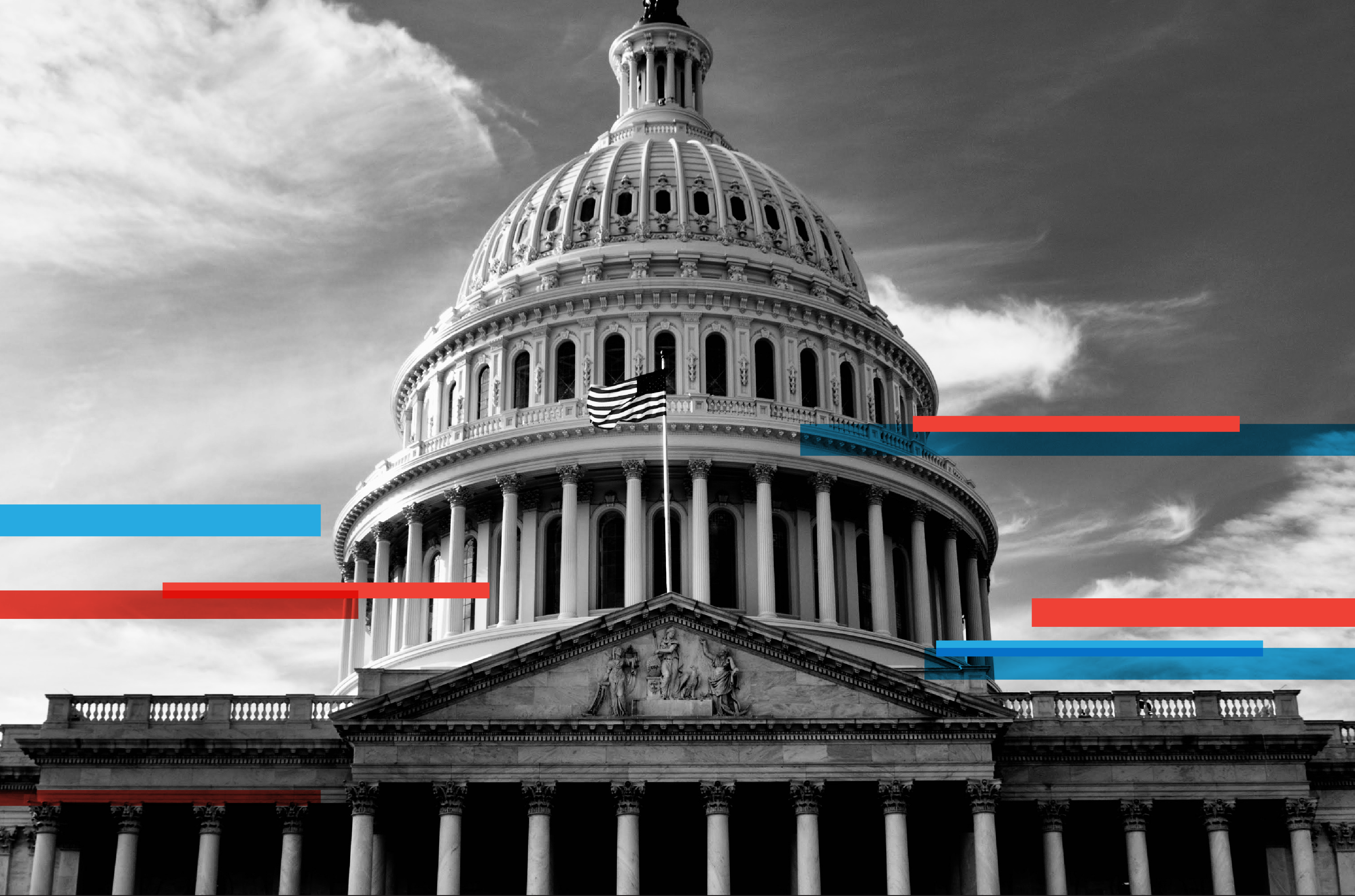June 2025
Dear Friends,
This month, we welcomed Afreen Akhter to the program. For this introductory Q & A, we asked her to share her view of the biggest foreign policy challenges facing the nation today, Congress's role in foreign affairs, and the role of infrastructure investments in foreign policy.
We're focused on advancing ideas for a foreign policy that serves the needs of the American people. How would you articulate the big challenges and opportunities the nation is facing today?
America's greatest foreign policy challenge begins with a crisis of identity. Who are we as a nation? What do we stand for? And what role do we want to play in the world? The answers to these questions are increasingly uncertain, resulting in erratic decisions and reckless behavior – whether bombing Iran or racing to the bottom for power and influence abroad.
This crisis of identity has led to a crisis of continuity. Big initiatives championed by one administration are reversed by the next. When I served in the Biden administration, foreign partners frequently asked, "will this be true in a few years?" Absent consistency, our commitments lose meaning, our credibility erodes, and our leverage shrinks.
However, this moment of crisis also presents an opportunity – to rebuild a foreign policy rooted in economic renewal at home. That is a remaining bipartisan consensus. My work focuses on one piece of this reorientation: how our infrastructure and investment tools can help create American jobs, strengthen supply chains, and build American leadership in the industries that will define the next century— like semiconductors, AI, and clean energy.
As a Deputy Assistant Secretary for South and Central Asia at the State Department, you focused on developing strategic infrastructure initiatives in the Indo-Pacific. What is your biggest lesson learned? How do you think foreign infrastructure investments can advance our national interests?
Infrastructure is hard. It's slow, complex, and often mired in bureaucratic turf wars, differing timelines and competing priorities. My biggest lesson was that turning bold ideas into concrete projects takes far longer than it should, and to compete abroad, our government needs to be more agile, coordinated, and results oriented.
That said, progress is possible. During my tenure, we deepened partnerships with the Quad—Japan, India, Australia, and the United States—by launching an initiative to develop port infrastructure in the Indo-Pacific. That experience demonstrated that assertive leadership and a focused bureaucracy are essential to delivering major projects at speed and scale.
Why does this matter to the American people? I'll provide an example, which has broader implications. The Biden administration provided a $500 million loan to First Solar, an American company, to build a solar manufacturing plant in India. That investment supported India's clean energy transition, but it also created a new opportunity for an American company, strengthened a critical supply chain, and drove global demand for U.S. technology in a strategic sector. It's a clear example of how smart foreign investments can advance U.S. economic interests. The government needs to do much more of this, in a manner that's coherent, deliberate, and at scale.
What do you think the future of those initiatives looks like under this new administration, based on your initial research?
It's difficult to predict much with this administration. The administration has dismantled international affairs agencies and fired many of the professionals doing this work. So far, it has preserved the Development Finance Corporation (DFC), one of our main tools to invest in strategic infrastructure abroad.
Will the administration use the DFC in a coherent way that advances American interests, builds resilient supply chains, and positions U.S. companies to lead? In theory, that's the ethos of "American First". We have many examples of how that's failed in practice. For instance, President Trump imposed harsh tariffs on key partners that offered supply chain alternatives to China —leaving U.S. companies scrambling. So, it's an open question, in my view.
As a former National Security Advisor in the Senate, how do you see the role of Congress in U.S. foreign policy? What tools does it have to influence and steer American statecraft?
Congress is in a state of profound dysfunction, including in foreign policy. Historically, Congress has used power of the purse to assert its authority —directing how and where we expend funds abroad. But the Republican party has responded with passive acquiescence to President Trump's dismantling of congressionally authorized agencies like USAID and massive cuts to government funding.
That passivity has extended to war powers and broader oversight of foreign policy. Realistically, for Congress to play a meaningful role in foreign policy, we need a divided government that compels accountability and an executive branch that abides by the law. Without that, Congress will continue to play a marginal role in foreign affairs.
NEW FROM US
- It's Time for America to Remember How Dangerous Regime Change Is
- Chris Chivvis
- A New Middle East?
- Aaron David Miller on the Ezra Klein Show
- Diplomacy, Not Force, Is Still Trump's Best Bet in Iran
- Stephen Wertheim
